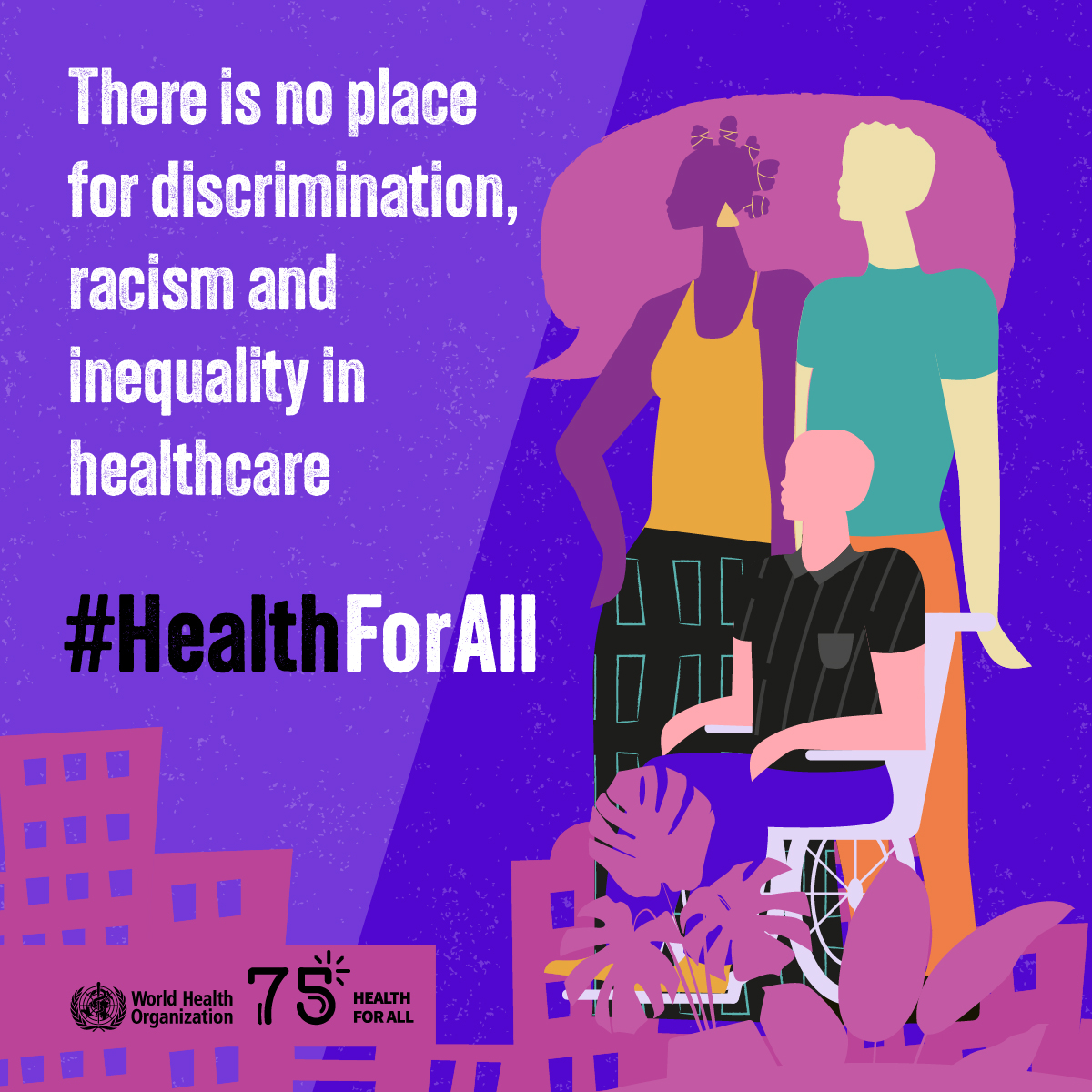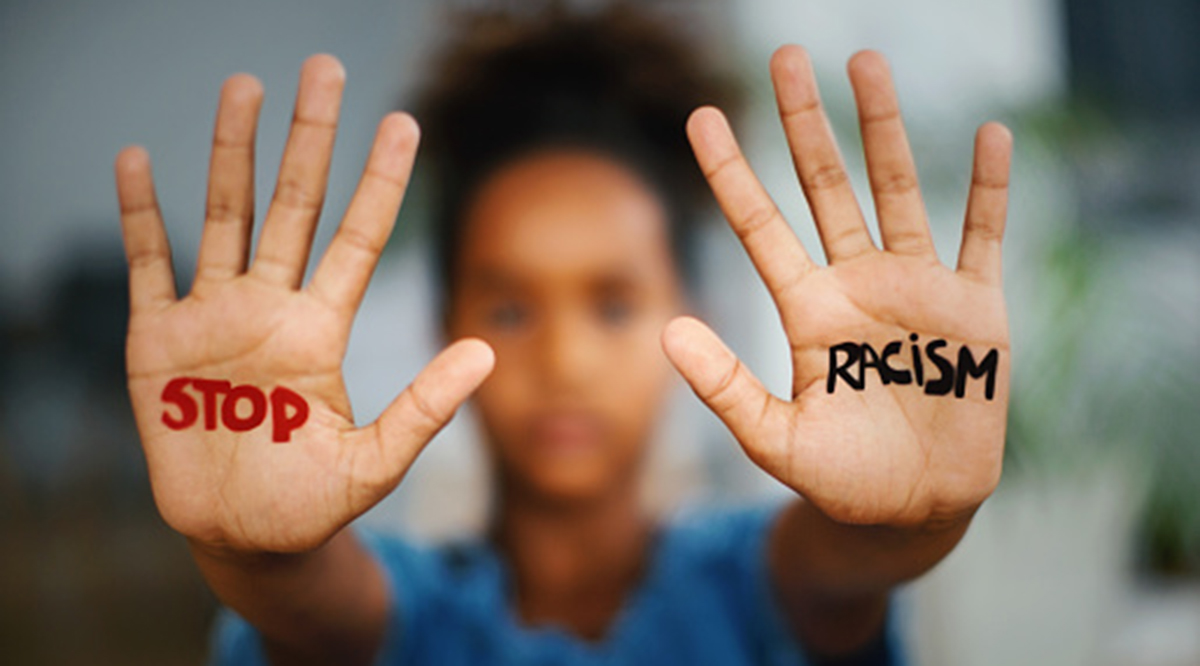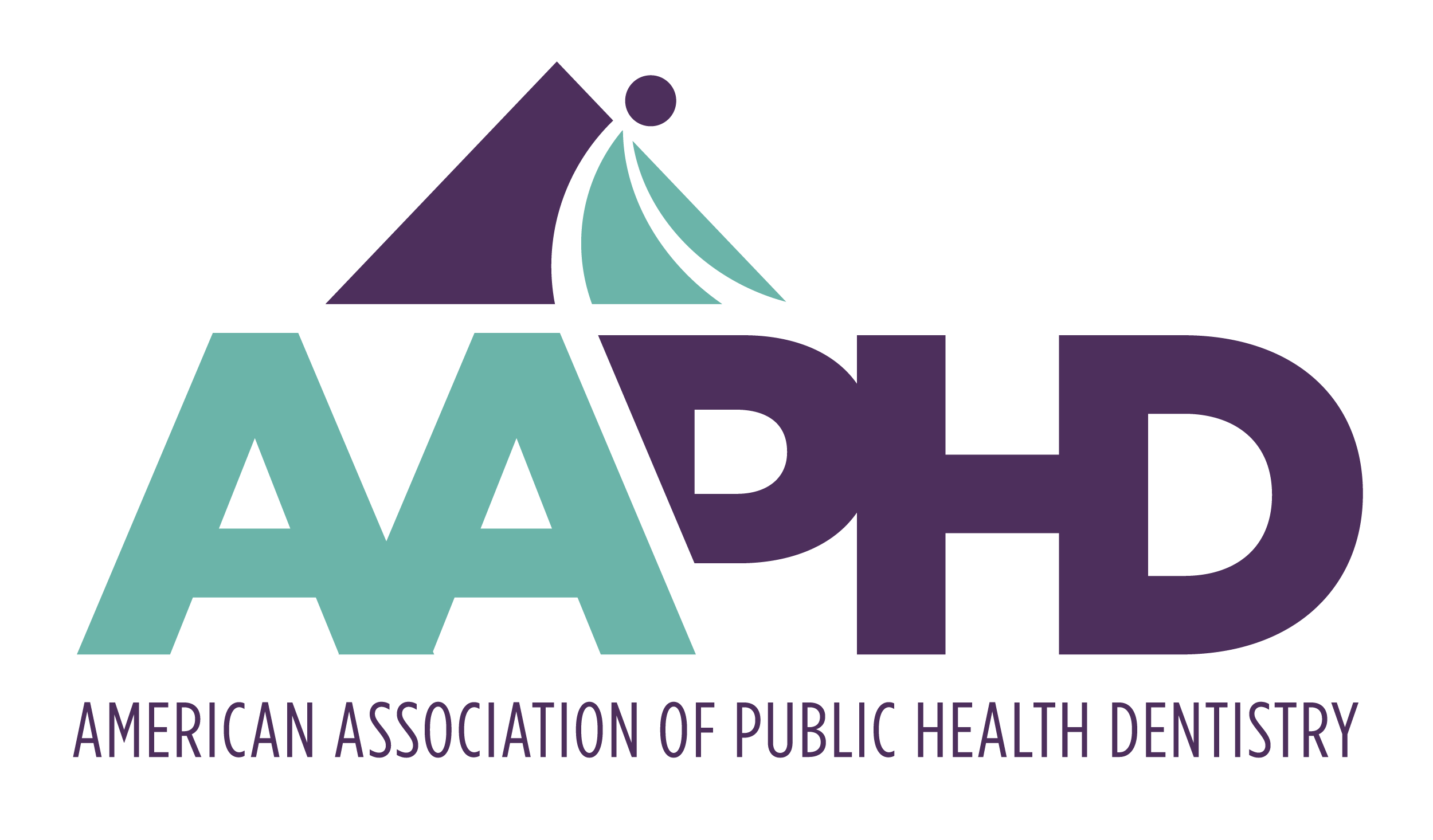January EDI Corner - Experiences with Racism in Healthcare Settings
Individual/interpersonal racism occurs between individuals and refers to one’s own racist assumptions, beliefs, or behaviors. It can manifest as implicit bias or overt racial discrimination and is connected to broader socio-economic histories that are supported and reinforced by systemic racism.
The scientific literature is inundated with research demonstrating differences in health outcomes between racial groups. There is profoundly less scientific evidence linking healthcare differences to the precise mechanisms that produce them, such as racism and discrimination. As clinicians and dental public health advocates, we need to acknowledge that race is a proxy measure for exposure to experiences of structural and individual racism resulting in a lack of health justice.1
 There is a growing call for more national surveys to incorporate items that solicit individuals’ experiences with discrimination that accurately depict the healthcare experiences of marginalized groups. The CareQuest Institute for Oral Health sponsored a national study that examined discrimination and dignity experiences in prior oral health care visits and their relationships with oral health inequities. The results were striking. There is a growing call for more national surveys to incorporate items that solicit individuals’ experiences with discrimination that accurately depict the healthcare experiences of marginalized groups. The CareQuest Institute for Oral Health sponsored a national study that examined discrimination and dignity experiences in prior oral health care visits and their relationships with oral health inequities. The results were striking.
- Nearly 1 in 10 (9%) Black respondents reported having been denied oral care in their lifetime due to discrimination, the highest of any racial/ethnic group. Discrimination experiences in dental settings were associated with poorer oral health status and less probability of planning a future dental visit.
- Participants’ experiences of feeling disrespected or not trusting their provider to act in their best interest were associated with odds that were more than three-and-a-half-times as great of reporting not having had an oral health visit in the prior 2 years.2
Another recent landmark national study from the Kaiser Family Foundation examined racial discrimination experiences in healthcare settings broadly.3 Key findings are highlighted below.
- A substantial proportion of Black (18%), American Indian/Alaska Native (12%), Hispanic (11%), and Asian (10%) respondents reported being treated unfairly or with disrespect by a healthcare provider because of their race in the past three years.
- The majority of Black (60%), American Indian/Alaska Native (52%), and Hispanic (51%) adults report preparing for possible insults or feeling they must be very careful about their appearance to be treated fairly during healthcare visits.
- In open-ended responses describing instances of unfair treatment, individuals describe experiences such as not being taken seriously, not being believed about pain, experiencing rude or harassing behavior, having assumptions being made about them, and being blamed for health conditions or problems they were experiencing.
- Patient-provider racial/ethnic concordance matters. Black, Hispanic, and Asian Adults who have at least half of their visits with providers who share their racial or ethnic background report having more frequent positive and respectful interactions.
These results serve as a call to action for medical and dental healthcare providers and institutions to support high-quality and anti-racist care.
Anti Racist actions for individuals in healthcare settings:4

- Utilize self-reflection tools, participate in unconscious bias training, watch this video about unconscious bias among healthcare providers.
- Foster a culture of belonging for patients through active listening, unconditional respect, and empathy.
- Take the 21-day Racial Equity Habit Building Challenge5
-
For 21 days, do one action to further your understanding of power, privilege, supremacy, oppression, and equity.
-
Plan includes suggestions for readings, podcasts, videos, observations and ways to form and deepen community connections
Anti Racist actions for healthcare institutions:6
- Provide ongoing training for staff at all levels that include concepts related to racism and unconscious bias.
- Institute patient/staff reporting mechanisms for discrimination and follow up on them.
References:
- Lett E, Asabor E, Beltrán S, Cannon AM, Arah OA. Conceptualizing, Contextualizing, and Operationalizing Race in Quantitative Health Sciences Research. Ann Fam Med. 2022 Mar-Apr;20(2):157-163.
- Raskin, S.E., Thakkar-Samtani, M., Santoro, M. et al. Discrimination and Dignity Experiences in Prior Oral Care Visits Predict Racialized Oral Health Inequities Among Nationally Representative US Adults. J. Racial and Ethnic Health Disparities (2023)
- Artiga S, Hamel L, Gonzalez-Barrera A, Montero A, Hill L, Presiado M, Kirzinger A, and LopesL. Survey on Racism, Discrimination and Health: Experiences and Impacts Across Racial and Ethnic Groups. Kaiser Family Foundation. Published: Dec 05, 2023 Survey on Racism, Discrimination and Health: Experiences and Impacts Across Racial and Ethnic Groups | KFF
- Hassen N, Lofters A, Michael S, Mall A, Pinto AD, Rackal J. Implementing Anti-Racism Interventions in Healthcare Settings: A Scoping Review. Int J Environ Res Public Health. 2021 Mar 15;18(6):2993.
- https://www.americaandmoore.com/21-day-re-challenges
- Hassen N, Lofters A, Michael S, Mall A, Pinto AD, Rackal J. Implementing Anti-Racism Interventions in Healthcare Settings: A Scoping Review. Int J Environ Res Public Health. 2021 Mar 15;18(6):2993.
Resources:
Anti-racism Resources | AAMC
|

 There is a growing call for more national surveys to incorporate items that solicit individuals’ experiences with discrimination that accurately depict the healthcare experiences of marginalized groups. The CareQuest Institute for Oral Health sponsored a national
There is a growing call for more national surveys to incorporate items that solicit individuals’ experiences with discrimination that accurately depict the healthcare experiences of marginalized groups. The CareQuest Institute for Oral Health sponsored a national 
